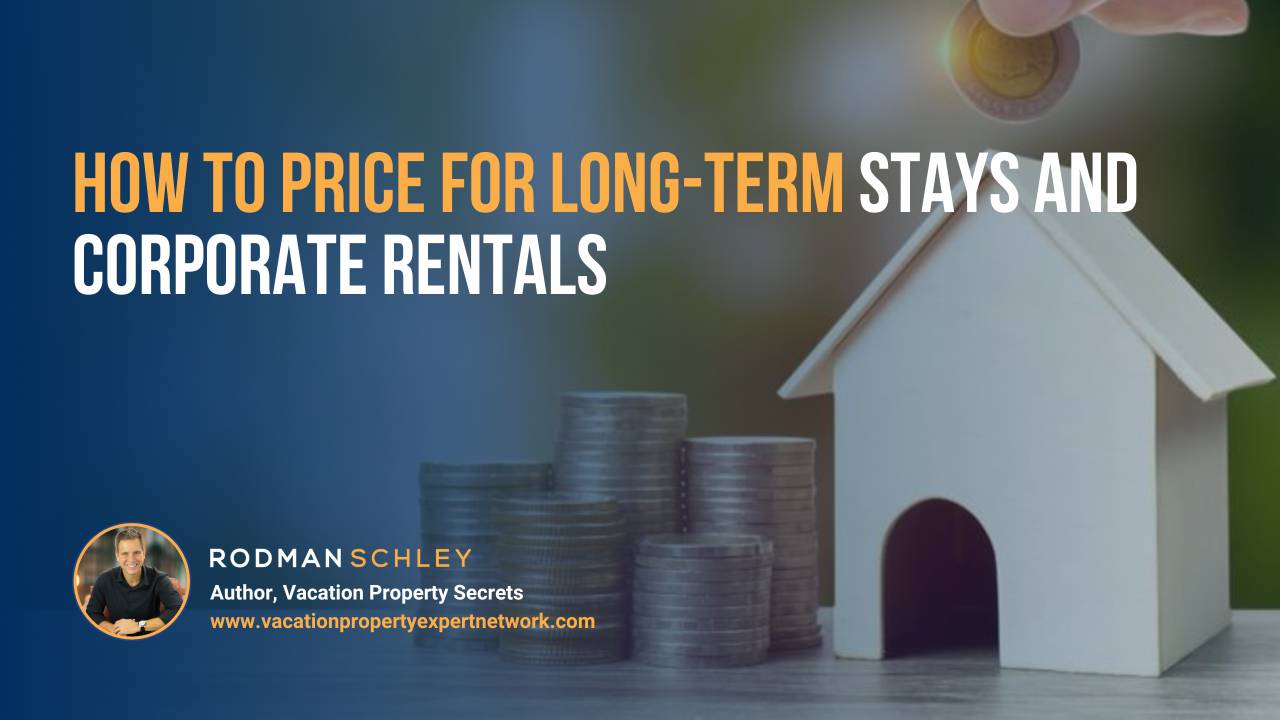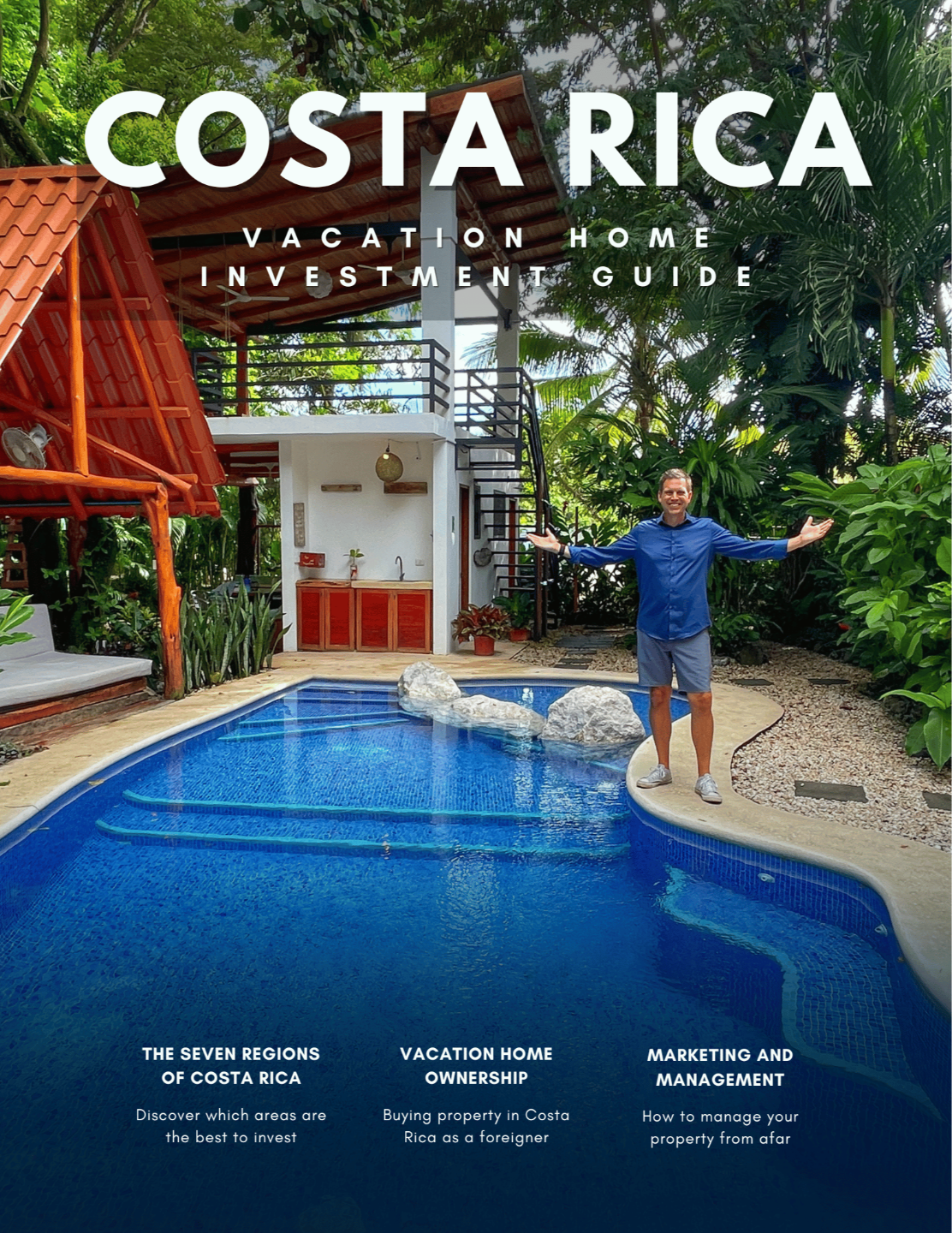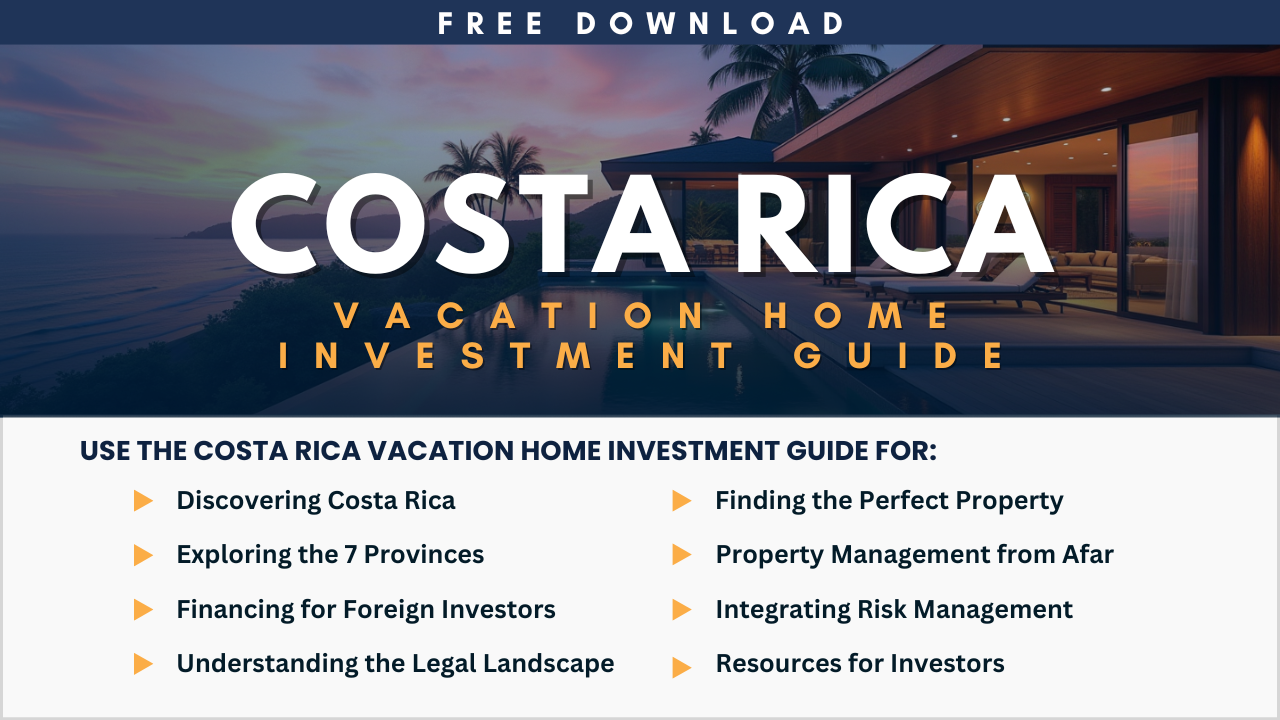
How to Price for Long-Term Stays and Corporate Rentals
When it comes to vacation rentals, many property owners focus primarily on short-term stays and seasonal pricing. However, long-term stays and corporate rentals can be just as lucrative, if not more so, due to their potential for steady income and reduced turnover. But pricing these types of rentals requires a different strategy compared to traditional vacation rentals.
In this blog post, we’ll explore how to price your property effectively for long-term stays and corporate rentals. By understanding the unique needs of these guests and tailoring your pricing accordingly, you can attract high-quality tenants while maximizing your revenue.
Why Long-Term Stays and Corporate Rentals Are Different
Long-term stays and corporate rentals differ from traditional vacation rentals in several ways:
- Duration: Long-term stays typically involve rentals of 30 days or more, while corporate rentals often cater to business professionals needing accommodations for extended periods (usually a few weeks to several months).
- Pricing Expectations: Guests booking long-term or corporate rentals are usually looking for affordable, furnished, and convenient accommodations. These guests often have budget constraints set by their companies or personal financial plans.
- Amenities: Long-term tenants and corporate guests usually prioritize functionality and comfort rather than luxury features like pools or outdoor spaces. Key amenities might include Wi-Fi, home office space, and easy access to transportation.
Pricing for these types of stays requires a careful balance between offering affordable rates and ensuring that the property remains profitable.
How to Price for Long-Term Stays
When pricing for long-term stays, you need to strike a balance between making your property attractive to tenants and ensuring that the rates reflect the value of your accommodation. Here are key factors to consider:
-
Research Local Market Rates
- The first step in setting your price is to research comparable long-term rentals in your area. Look at properties with similar features, such as size, amenities, and location, and note the average rental price for monthly leases. Be sure to compare properties that are furnished, as that’s often a key requirement for long-term stays.
- Market research: Check real estate websites, local rental listings, and rental agencies to see what other property owners are charging for similar properties in your area.
- Adjusted pricing: Be sure to factor in the location of your property. If it’s in a high-demand area or near key employment hubs, you may be able to charge a higher price.
-
Offer Discounts for Long-Term Commitments
- One of the main advantages of long-term stays is consistent income. To attract tenants, offer incentives such as discounted pricing for longer-term stays. For example, if a tenant commits to a lease for 6 months or a year, offer a discount compared to a month-to-month rate.
- Monthly pricing strategy: Typically, long-term renters will expect a lower nightly rate compared to short-term bookings, but the overall revenue can be higher due to the extended stay.
- Tiered pricing: Consider offering discounts for 3-month, 6-month, or 12-month leases. For example, your property may be listed for $2,000 per month for a month-to-month rental but can be priced at $1,800 per month for tenants who commit to a 12-month lease.
-
Factor in Utilities and Maintenance Costs
- For long-term stays, you’ll need to decide whether to include utilities in the rental price or whether the tenant will be responsible for paying them. If you choose to include utilities, be sure to adjust the pricing to cover your expenses. Common utilities for long-term stays include electricity, water, internet, and cable TV.
- Inclusive pricing: If utilities are included, ensure that the rent covers the typical utility usage for the property. High usage in larger homes or properties with more guests may require you to adjust rent higher to accommodate these costs.
- Maintenance: Consider the maintenance costs for long-term stays, which may differ from short-term rentals. While long-term guests may be less likely to damage the property, regular maintenance (such as cleaning and property repairs) should be factored into your pricing.
-
Consider Lease Flexibility
- Long-term stays can range from several months to a year or more. Offering flexibility in lease terms can help attract more tenants, but you’ll need to price it accordingly.
- Short-term lease options: While longer leases tend to be cheaper per month, offering flexibility can allow you to charge a slightly higher rent for tenants looking for shorter commitments.
- Flexible terms: Offer flexible lease terms, such as 6-month, 9-month, or 12-month leases, but be sure to adjust the monthly rent for each term. A shorter lease will typically come at a premium.
How to Price for Corporate Rentals
Corporate rentals generally cater to professionals who are on temporary work assignments or business trips. These guests often expect fully furnished properties with amenities that cater to business needs, such as high-speed Wi-Fi, workspace, and proximity to transportation. Here are some strategies for pricing your property for corporate stays:
-
Understand Corporate Travel Budgets
- Most corporate tenants are working with a corporate budget or reimbursement plan for lodging, so understanding the pricing structure in your area is crucial. Typically, businesses are willing to pay higher rates for properties that offer comfort, convenience, and the ability to accommodate business needs.
- Market research: Research what companies in your area typically pay for corporate housing. Check sites like Furnished Finder, which connects property owners with traveling professionals, to understand what price range is reasonable for your area.
- Corporate rate pricing: Corporate tenants typically pay a premium for short-term furnished rentals, especially if the property is close to their work site. For short-term stays, consider charging $100–$150 per night for a corporate rental, depending on location and amenities.
-
Offer Convenient Amenities for Corporate Guests
- When pricing for corporate rentals, the amenities you offer will justify the price. Corporate guests tend to prioritize amenities that support their business needs, such as:
- High-speed Wi-Fi
- Dedicated workspace or office setup
- Proximity to business centers, transportation hubs, or airports
- Fully furnished accommodations, including comfortable furniture and office supplies
- Housekeeping services (optional, but appreciated for longer stays)
Ensure that your price reflects these added values—guests will be willing to pay more for a place that meets their specific needs.
-
Factor in Length of Stay and Flexibility
- Corporate rentals vary in duration, ranging from a few weeks to several months. Since these stays are typically shorter than long-term rentals, you can usually charge higher rates per month but with a lower commitment period.
- Short-term corporate stays: For a corporate guest staying for a month or two, pricing could be $2,500–$4,000 per month, depending on the property’s amenities and location.
- Extended stays: If a guest stays for longer periods, consider offering a discount for extended stays (e.g., a 10% discount for bookings longer than 3 months).
-
Consider Local Market Rates for Corporate Housing
- If you’re targeting corporate tenants, look into what other corporate housing providers are charging in your area. Websites like CorporateHousingByOwner.com or Airbnb for Business can provide valuable insights into the going rates for corporate rentals in your location.
Tips for Pricing Both Long-Term Stays and Corporate Rentals
Here are a few additional strategies to help you price your vacation rental effectively for both long-term stays and corporate rentals:
Use a Flexible Pricing Model
- Consider using dynamic pricing tools that allow you to adjust pricing based on length of stay and demand. These tools can automatically adjust your rates depending on factors like booking lead time, competitor rates, and seasonality.
Offer Discounts for Longer Stays
- For both long-term tenants and corporate guests, offering discounts for longer stays can make your property more attractive. A three-month discount or long-term stay offer can encourage tenants to book for a more extended period, giving you a stable stream of income.
Regularly Update Your Rates
- Be proactive in monitoring and adjusting your rates based on market conditions. Long-term rental prices and corporate housing rates can fluctuate with market demand, economic conditions, and regional factors, so staying on top of the pricing is essential.
Conclusion
Pricing for long-term stays and corporate rentals requires a strategic approach that balances demand with the specific needs of business professionals and long-term tenants. By understanding market rates, offering the right amenities, and implementing flexible pricing, you can attract high-quality tenants and maximize your revenue potential. Make sure your pricing reflects both the value of your property and the convenience it offers to your guests.
With the right pricing strategy, you can ensure that your vacation rental is an attractive and profitable option for long-term stays and corporate travelers alike.
Happy renting! For more strategies on optimizing your vacation rental’s income and Cap Rate, visit the Vacation Property Expert Network: 👉www.vacationpropertyexpertnetwork.com.







